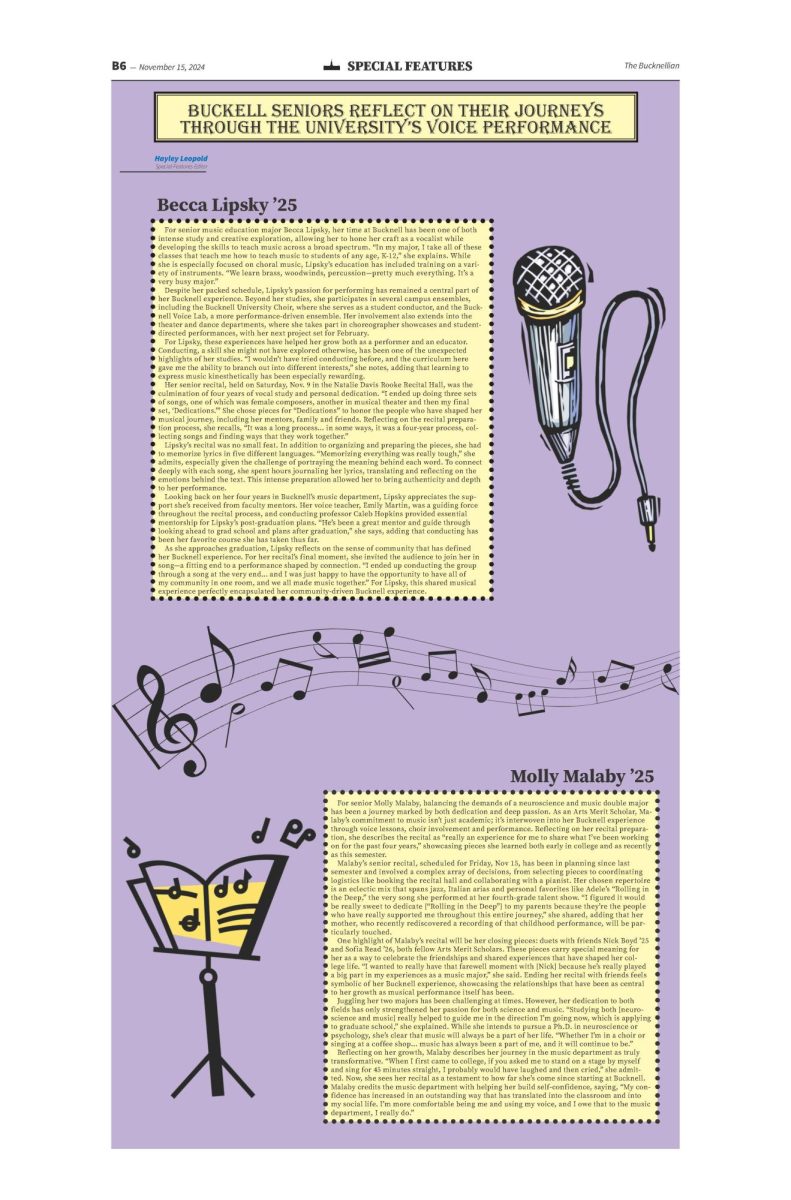Soros and Trump: In agreement?
September 19, 2019
George Soros, billionaire liberal financier and founder of the Open Society Foundations, offered some (rare) praise as well as some criticism of U.S. President Donald Trump in his Sept. 9 op-ed posted in the Wall Street Journal. He admired the strong stance that the Trump administration has taken towards China in their waging of the trade war, calling it their “greatest — and perhaps only — foreign policy accomplishment.” He bemoaned the fact that Trump, in considering allowing U.S. firms to do business with Huawei, a Chinese multinational telecommunications giant that is currently blacklisted from engaging in U.S. commerce, might be taking his foot off the gas.
China is indeed a threat to the United States — and to democracy and freedom worldwide. The censorship of books and online content, Muslim “re-education” camps, social-credit scores, a massive surveillance infrastructure and other institutions support a system of totalitarian control that the communist government in Beijing has exerted over its citizens. China’s recent encroachments into foreign territories, its expanding military (and particularly nuclear) capabilities and a cultural tradition that envisages China as a pre-eminent world power are indications of China’s intent to further its influence abroad and establish itself as a hegemon in the Eastern Hemisphere and perhaps beyond.
RT (formerly known as “Russia Today”), an international media outlet funded by the Russian government, promptly published an article bashing Soros and his op-ed. This is no surprise — the Russians are perhaps just as ambitious as the Chinese in their quest to become a major world power rivaling the U.S. Any weakening of American resolve to sustain U.S. influence abroad is a victory for Putin.
America’s willingness to confront China is under attack from American politicians as well. The negative effects of Trump’s trade war on the American economy is a frequent talking point of the Democratic debaters, who make no mention of the policy’s merits. Some use it to fuel a narrative holding that Trump, after being voted into office by middle America, in a sense “betrayed” his own supporters by “inflicting” on them the economic repercussions of the trade war. But he betrayed them for whom exactly? Who stands to benefit from Trump’s trade war if not the American people in their improved security? Certainly not big business or Russia (for whom Trump is popularly accused of acting as a shill).
No — Trump is pursuing policies that inflict major economic damage on China and, to a much lesser degree, the United States because he believes China poses an existential threat to our nation — or is at least rapidly approaching that status. He wouldn’t do so otherwise because these policies are politically disadvantageous to him; they produce superficial negative outcomes in the short term and intangible positive outcomes in the long term that will be considerably less relevant in the 2020 election. The Democratic candidates exploit this when they bash Trump’s trade war. They need to do so in order to win the nomination.






























